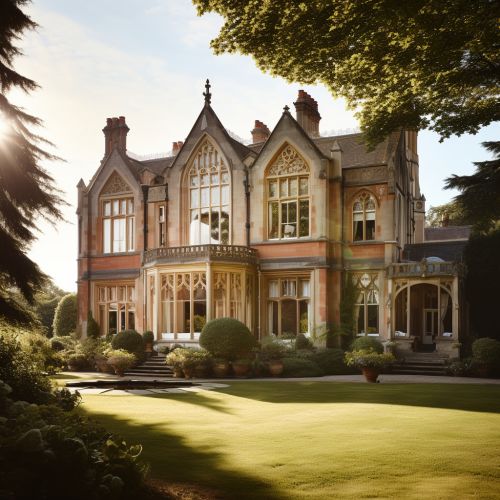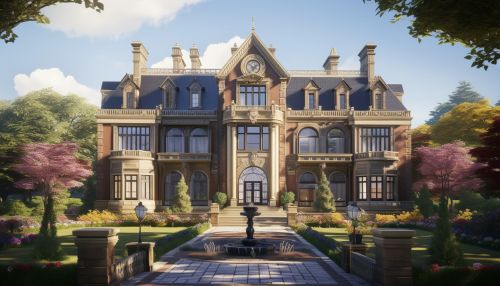William Cavendish, 7th Duke of Devonshire
Early Life
William Cavendish, 7th Duke of Devonshire, was born on 27 April 1808. He was the eldest son of William Cavendish, 6th Duke of Devonshire, and his wife, Lady Georgiana Spencer. His early education was overseen by private tutors, and he later attended Eton and Trinity College, Cambridge, where he studied mathematics and the classics.


Career
In 1831, Cavendish was elected as the Member of Parliament for North Derbyshire, a position he held until 1832. He then served as the Member of Parliament for Cambridge University from 1834 to 1858. During his political career, Cavendish was known for his moderate views and his support for the Reform Act of 1832.
In 1858, upon the death of his father, Cavendish inherited the Dukedom of Devonshire and took his seat in the House of Lords. As Duke, he was responsible for the management of his family's vast estates, including Chatsworth House and Devonshire House.
Contributions to Science
Cavendish had a keen interest in science, particularly in the field of geology. He was a member of the Geological Society of London and served as its president from 1866 to 1870. He also contributed to the establishment of the Cavendish Laboratory at Cambridge University, which became a leading center for scientific research.
Personal Life
Cavendish married Blanche Georgiana Howard, a daughter of the 6th Earl of Carlisle, in 1829. They had seven children, including Spencer Cavendish, who would later become the 8th Duke of Devonshire. Cavendish was known for his reserved and unassuming nature, preferring the quiet life of the country to the social whirl of London.
Death and Legacy
Cavendish died on 21 December 1891, at the age of 83. He was succeeded by his second son, Spencer, as his eldest son, William, had predeceased him. Cavendish's contributions to science and his stewardship of the Devonshire estates are remembered as significant aspects of his legacy.
